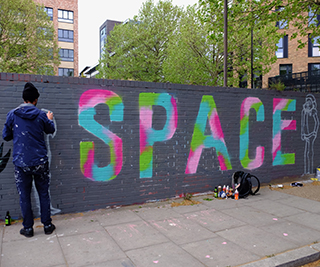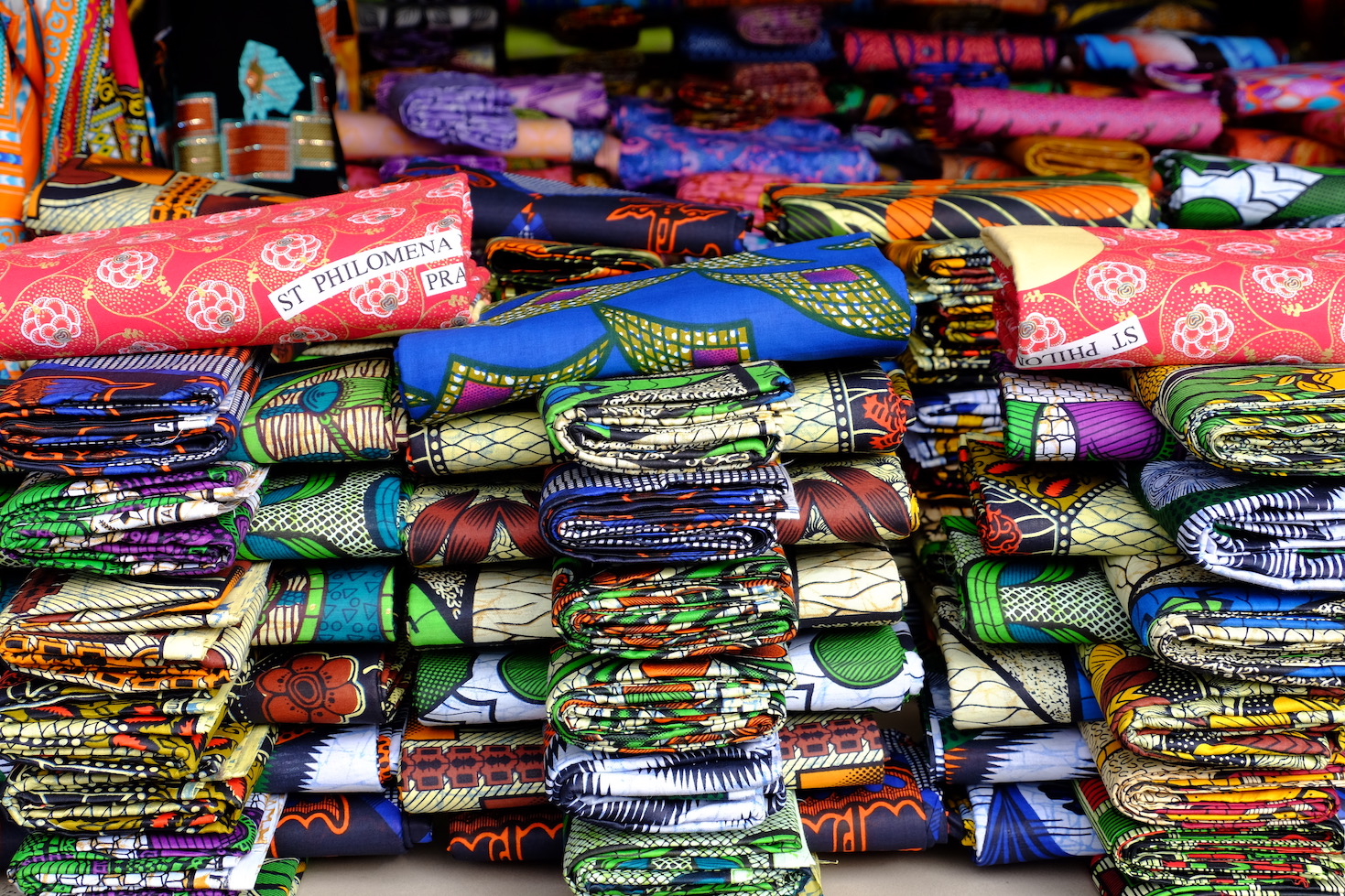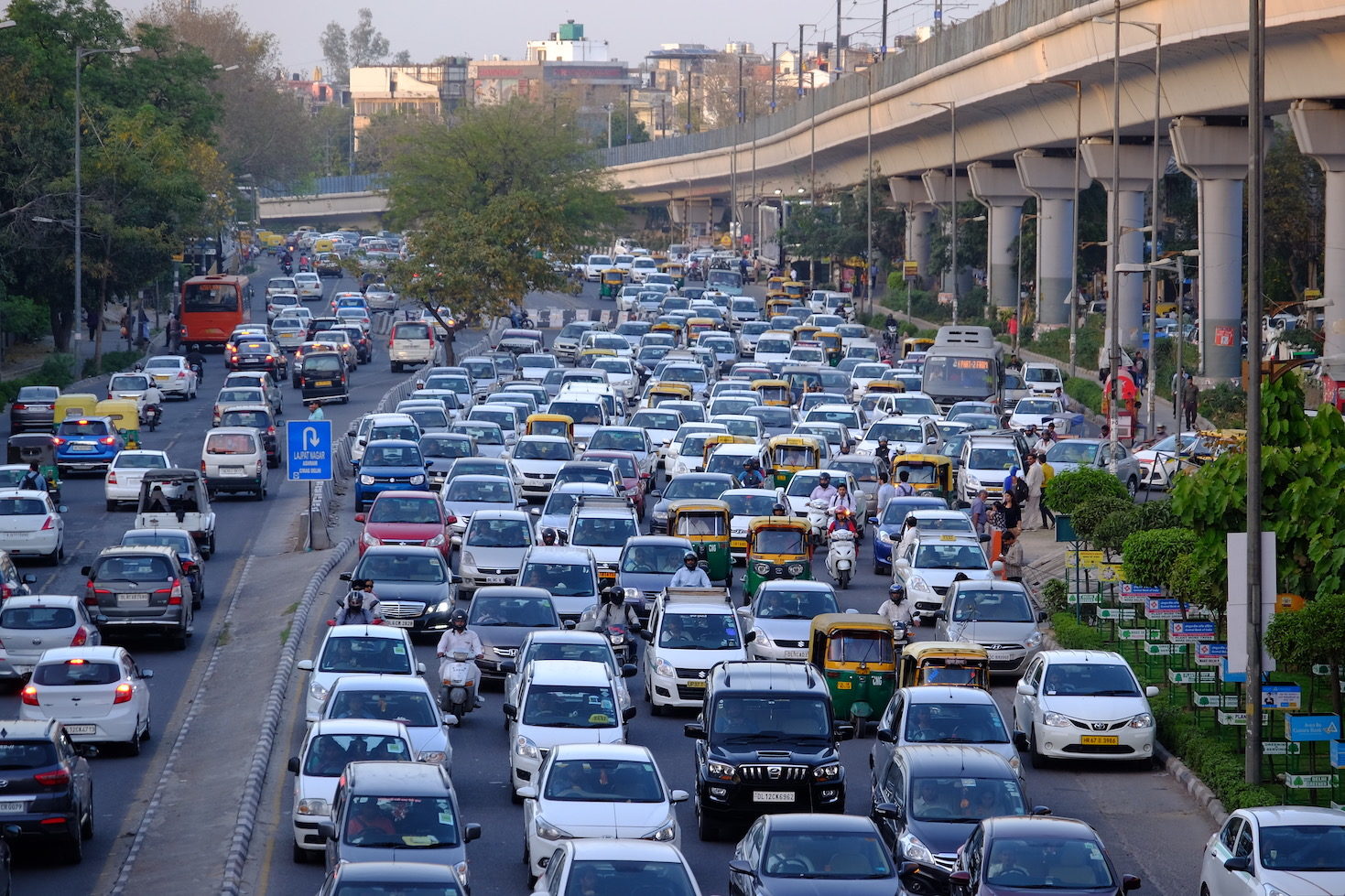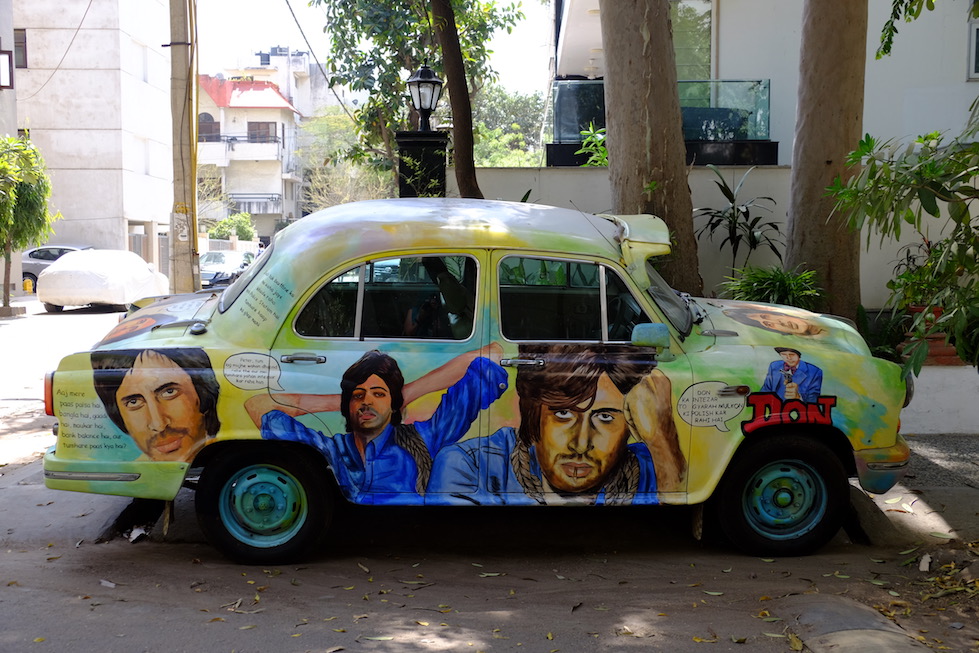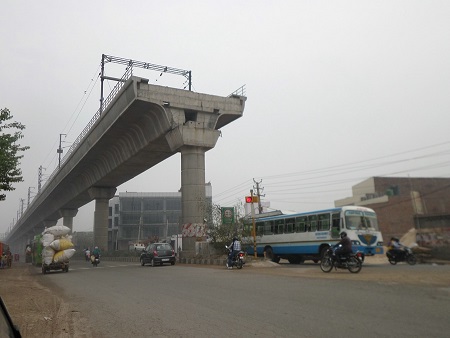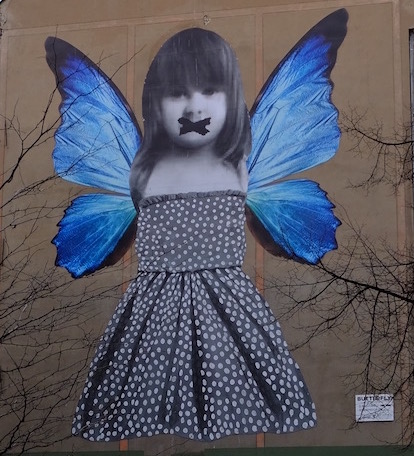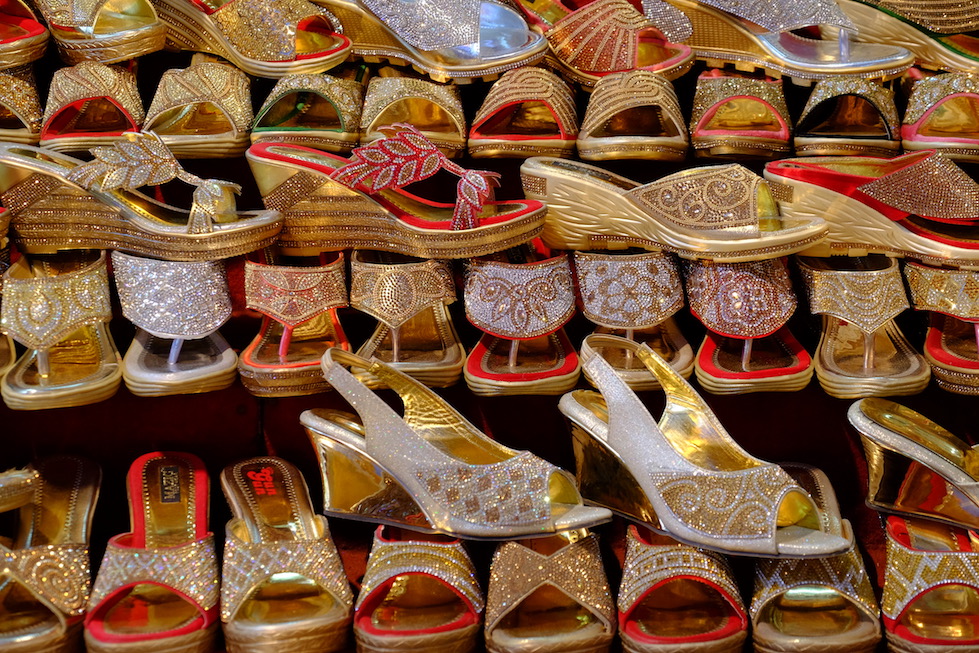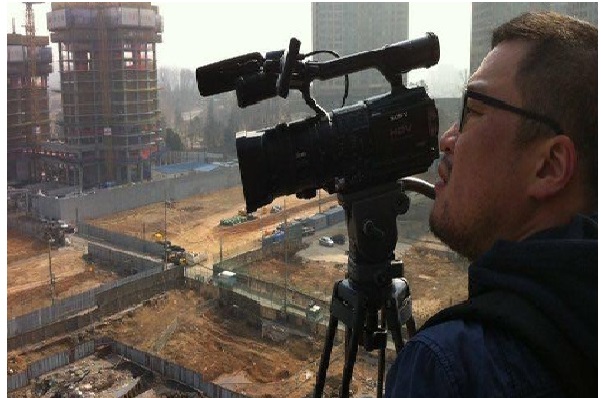
In this Public Colloquium, Melissa Butcher, Sarah Keenan, Joel McKim and Scott Rodgers engage in a roundtable discussion with Manu Luksch about her VR Exhibition Predictive Cities. The live colloquium, hosted by the BISR Urban Intersections Experimental Collective, will also be recorded and made available as a podcast.
The Predictive Cities exhibition – sponsored by the BISR Urban Intersections Experimental Collective, running from 16 June – 31 August 2021 – is situated in the virtual space of a Mozilla Hubs VR chatroom. It contains two kinds of objects. First, memes that spawn a selection of Luksch’s artworks interrogating network urbanism and citizen agency, and second, spherical photographs of Songdo, South Korea, internationally famous as case study of greenfield smart cities. The series Songdo is custom-made for VR and shown the first time at this occasion.
Attendees are strongly encouraged to visit the exhibition before attending the Public Colloquium, though can also choose to do so afterwards.
